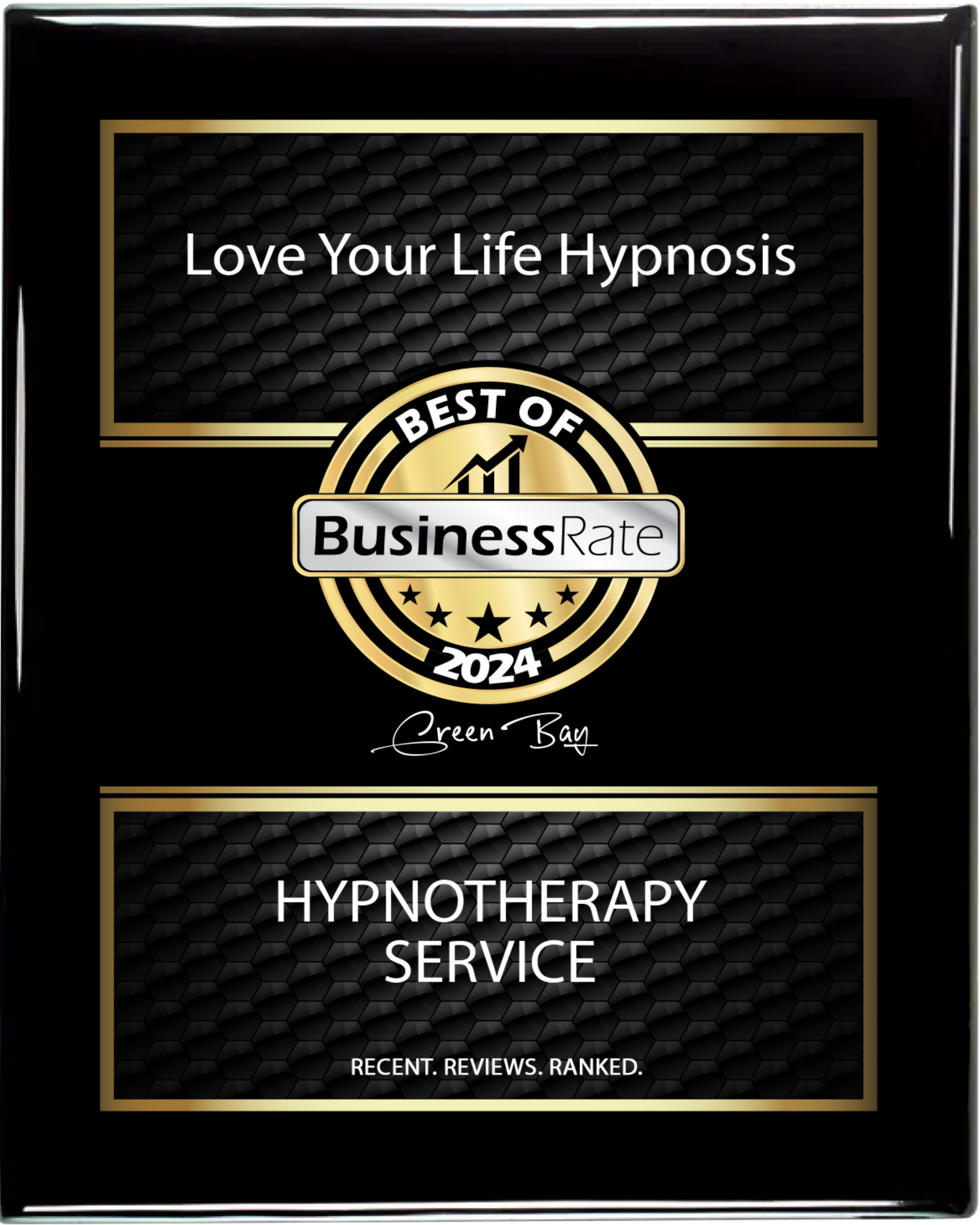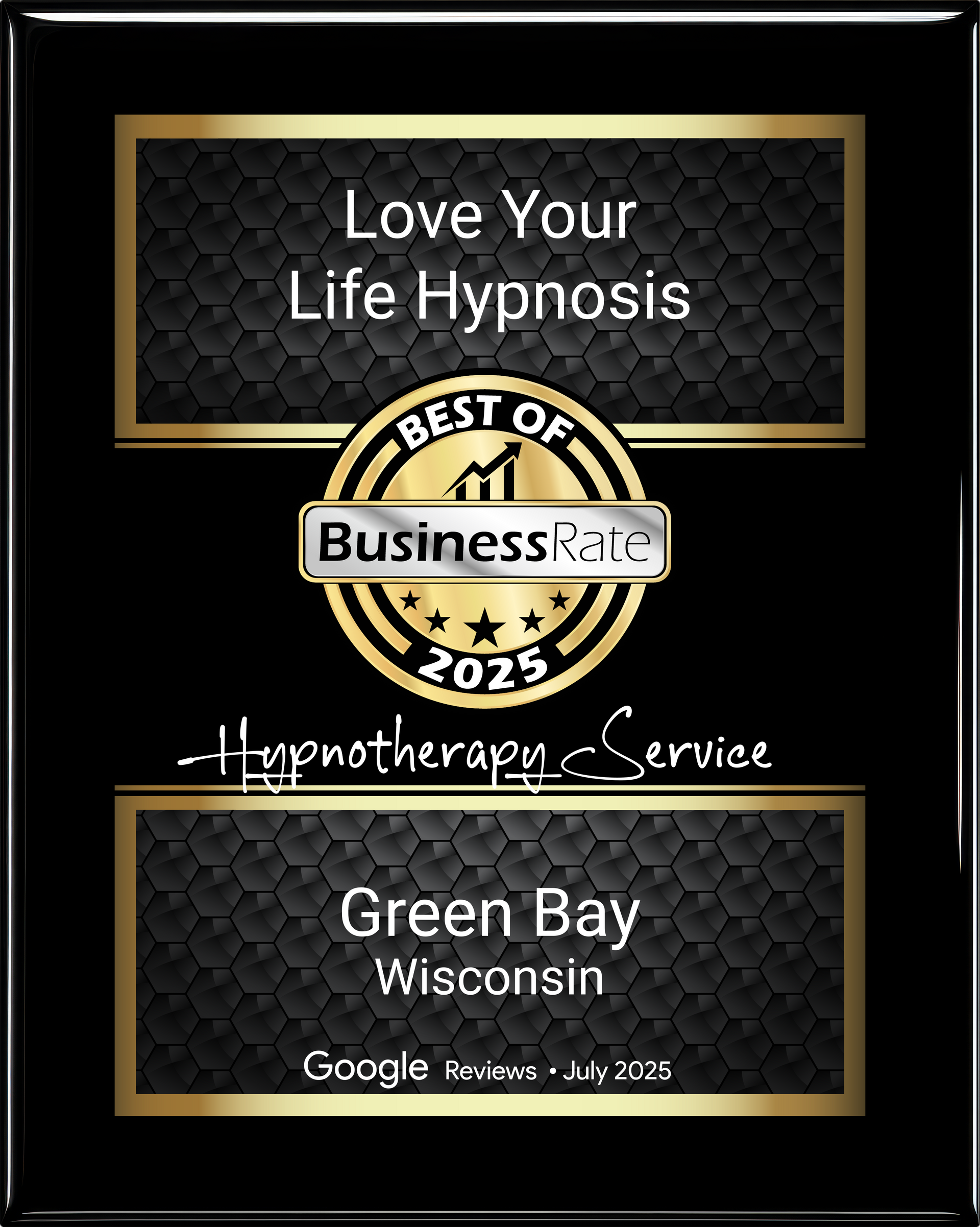Gratitude in Leadership: Enhancing Executive Performance with a Grateful Mindset
The art of leadership extends beyond the ability to direct and manage teams effectively. It also involves cultivating emotional intelligence, resilience, and empathy to foster a thriving work environment where employees can excel. One crucial yet often overlooked aspect of effective leadership is the practice of gratitude. When leaders embrace gratitude, they acknowledge the value of their team members and contribute to a culture of positivity that boosts morale and productivity.
In this article, we will examine the role of gratitude in leadership and demonstrate how Ken Dombrowski can help you incorporate gratitude practices into your executive coaching experience. Learn how embracing gratitude can transform your leadership skills, create a more engaged and collaborative workplace, and ultimately drive lasting success for both you and your team.
The Value of Gratitude in Leadership
Gratitude, the act of appreciating and acknowledging the good in one's life, has been linked to numerous benefits that extend beyond personal well-being. For leaders, practicing gratitude can transform their approach to leadership and yield positive outcomes for their team and organization. Some of the key benefits of gratitude in leadership include:
1. Improved Relationships: Grateful leaders are more likely to express appreciation for the contributions and accomplishments of their team members, fostering a greater sense of connection and trust. A study by the University of Pennsylvania found that openly thanked employees were 50% more motivated and productive.
2. Increased Employee Engagement: When leaders consistently express gratitude, employees feel more valued and engaged in their work, leading to higher retention rates and lower turnover.
3. Enhanced Resilience: A grateful mindset allows leaders to maintain a more constructive and optimistic outlook, enabling them to navigate challenges more effectively and adapt to unexpected circumstances.
4. Heightened Empathy and Emotional Intelligence: Practicing gratitude fosters greater empathy and understanding, helping leaders better evaluate and respond to the emotions and needs of their team members.
Incorporating Gratitude Practices into Leadership
Integrating gratitude into daily leadership practices can lead to significant shifts in mindset and enhancing overall performance. Here are some simple yet effective ways for leaders to cultivate gratitude:
1. Create a Gratitude Journal: Taking a few minutes each day to write down what you are grateful for can help train your mind to focus on positive aspects and achievements. This practice increases awareness of the importance of appreciating your team's successes.
2. Acknowledge and Praise Team Accomplishments: Regularly recognize the achievements and contributions of team members, both privately and publicly. This helps create a positive work environment and encourages employees to strive for excellence.
3. Foster a Grateful Workplace Culture: Encourage the practice of gratitude among your team by incorporating it into team meetings, company communications, and employee recognition programs.
4. Reflect on Challenges as Opportunities: When faced with obstacles, practice reframing challenges as opportunities for growth and learning. This optimistic outlook enables you to maintain resilience and adapt more readily to difficult situations.
The Role of Executive Coaching in Cultivating Gratitude
Executive coaching is invaluable in helping leaders strengthen their gratitude practices and foster a grateful mindset. Ken Dombrowski can support you in incorporating gratitude into your leadership by:
1. Fostering Self-Awareness: Developing self-awareness helps identify areas where gratitude can be more effectively incorporated into your leadership style.
2. Providing Guidance on Gratitude Techniques: An experienced coach can share tailored practices and techniques to help you cultivate gratitude in daily leadership actions and decisions.
3. Supporting Goal Setting and Accountability: An Executive Coach can help you set measurable goals related to gratitude and provide regular check-ins to ensure progress and accountability.
4. Enhancing Emotional Intelligence: Executive coaching facilitates growth in emotional intelligence, which is closely tied to effective gratitude practices and empathetic leadership.
Long-Term Benefits of Gratitude in Leadership
The lasting impact of gratitude in leadership extends beyond the immediate benefits of improved relationships, increased employee engagement, and heightened emotional intelligence. As a grateful leader, you can expect to experience long-term rewards.
1. Sustained Company Growth: Cultivating a grateful work environment leads to higher employee retention, lower turnover, and a more committed and productive workforce, contributing to overall company growth and success.
2. Enhanced Personal Well-Being: Practicing gratitude has been linked to improved mental health and increased life satisfaction, bolstering overall well-being for both leaders and employees.
3. Building a Strong Leadership Reputation: Embracing gratitude as a core value can enhance your reputation as an effective and compassionate leader, attracting top talent and creating a loyal and dedicated team.
Elevate Your Leadership Skills with Gratitude and Ken Dombrowski
The practice of gratitude is a powerful and transformative tool for leaders seeking to enhance their effectiveness and create a thriving work environment. By recognizing the value of gratitude and incorporating it into daily leadership routines and decision-making, you can cultivate stronger relationships, improve employee engagement, and increase overall well-being for both you and your team.
Ken Dombrowski is here to help you hone your gratitude practices and integrate them seamlessly into your leadership style. As an expert Life Coach and Master Hypnotist, Ken can provide guidance and support tailored to your unique needs and aspirations, ensuring you get the most from your gratitude journey. Are you ready to elevate your leadership capabilities and drive lasting success? Get in touch today to learn more about our
executive coaching services in Green Bay, designed to help you reap the rewards of a grateful mindset.












